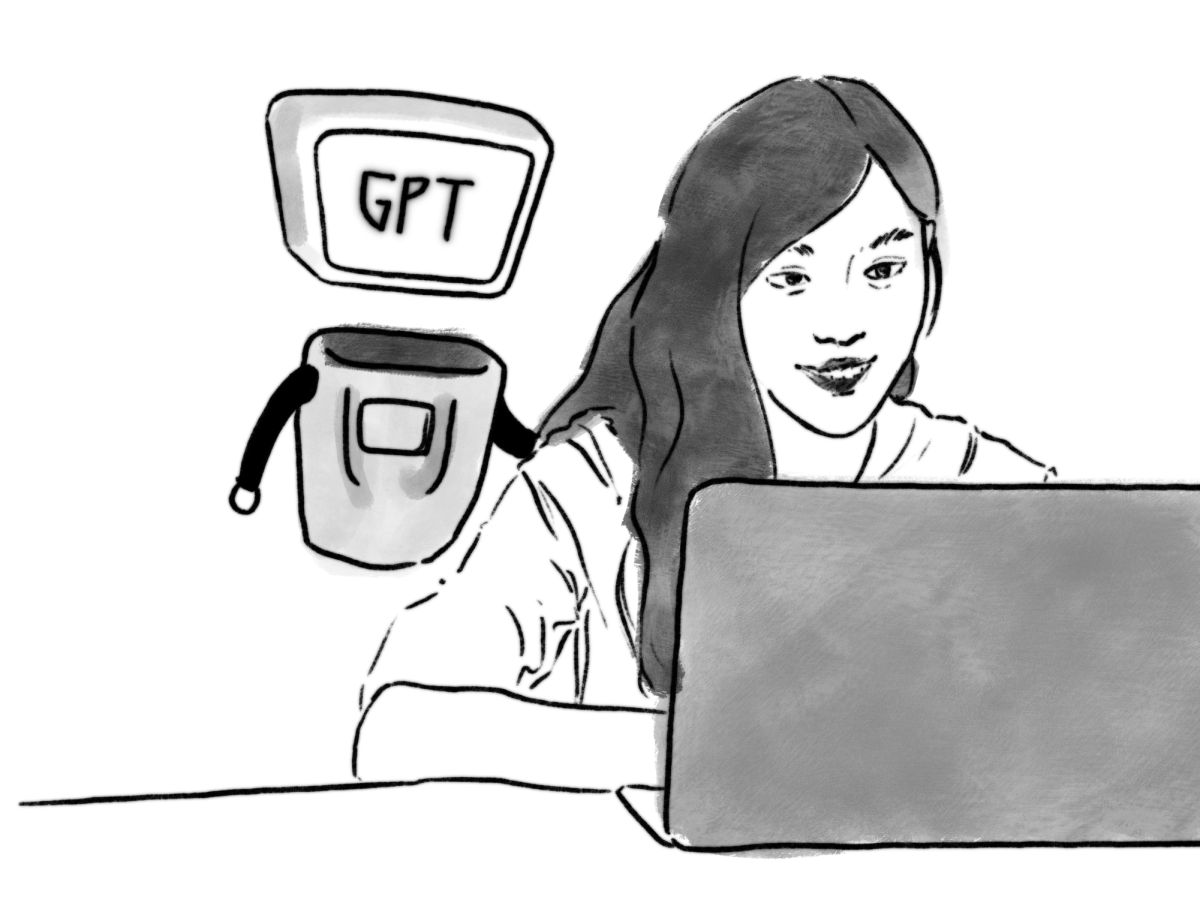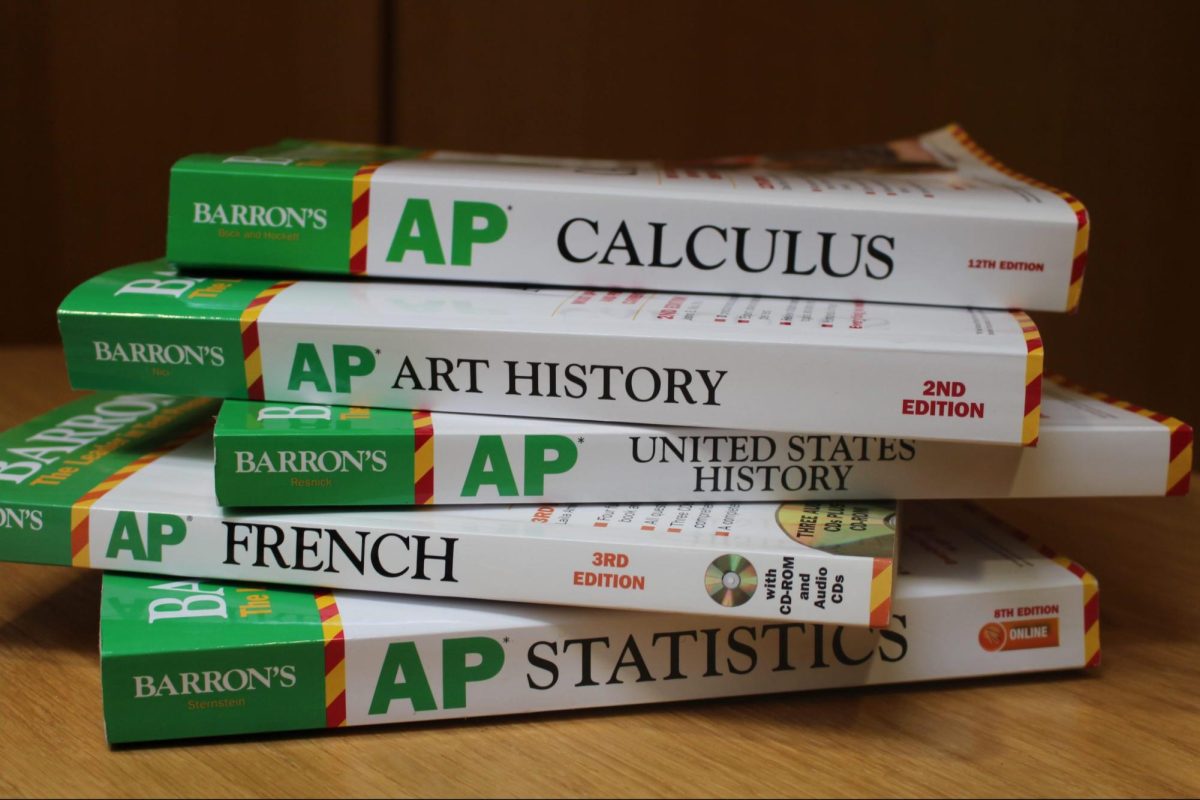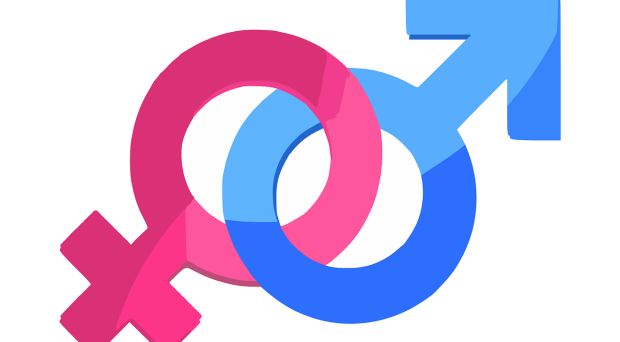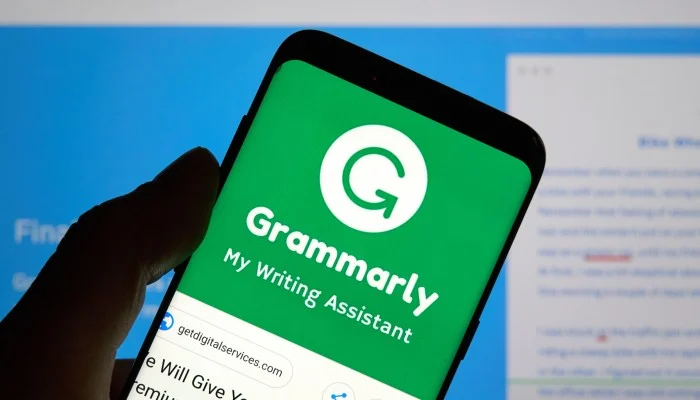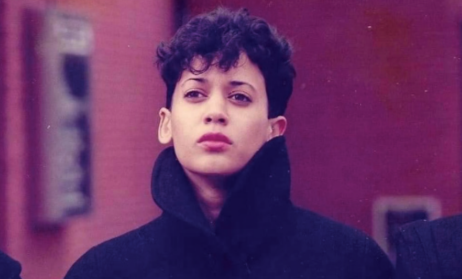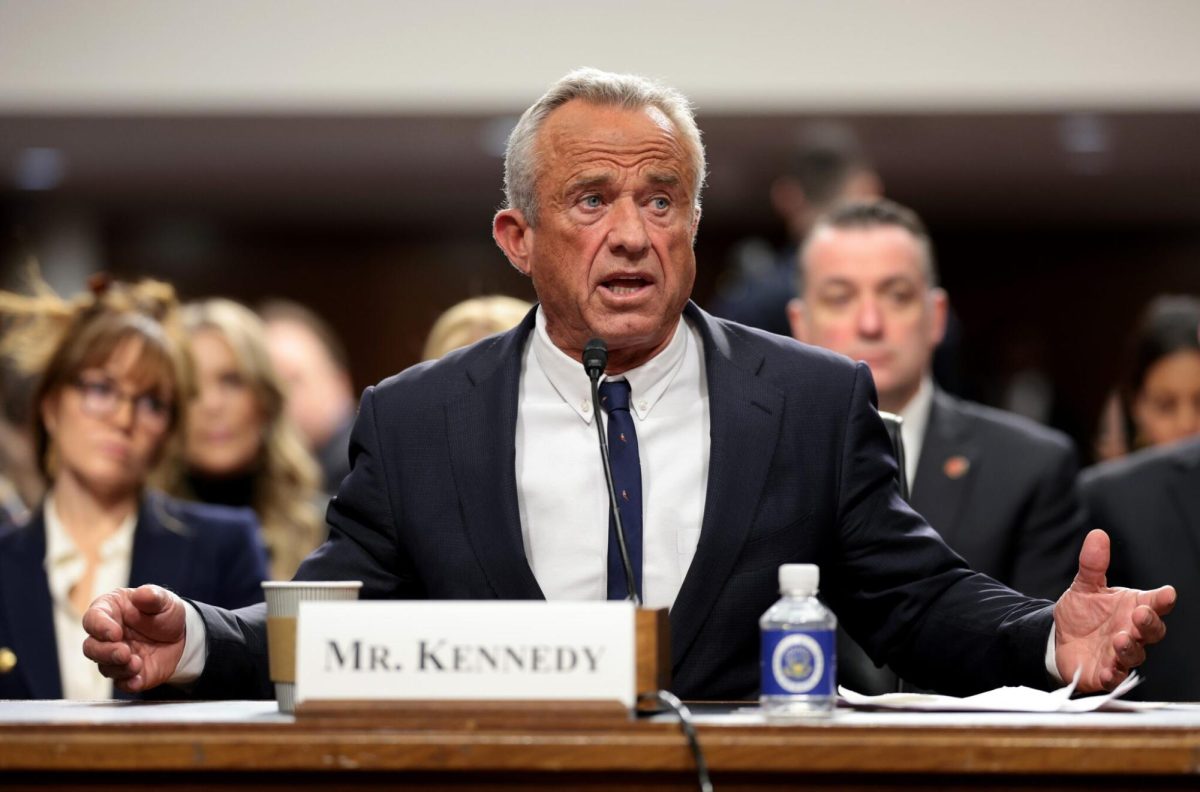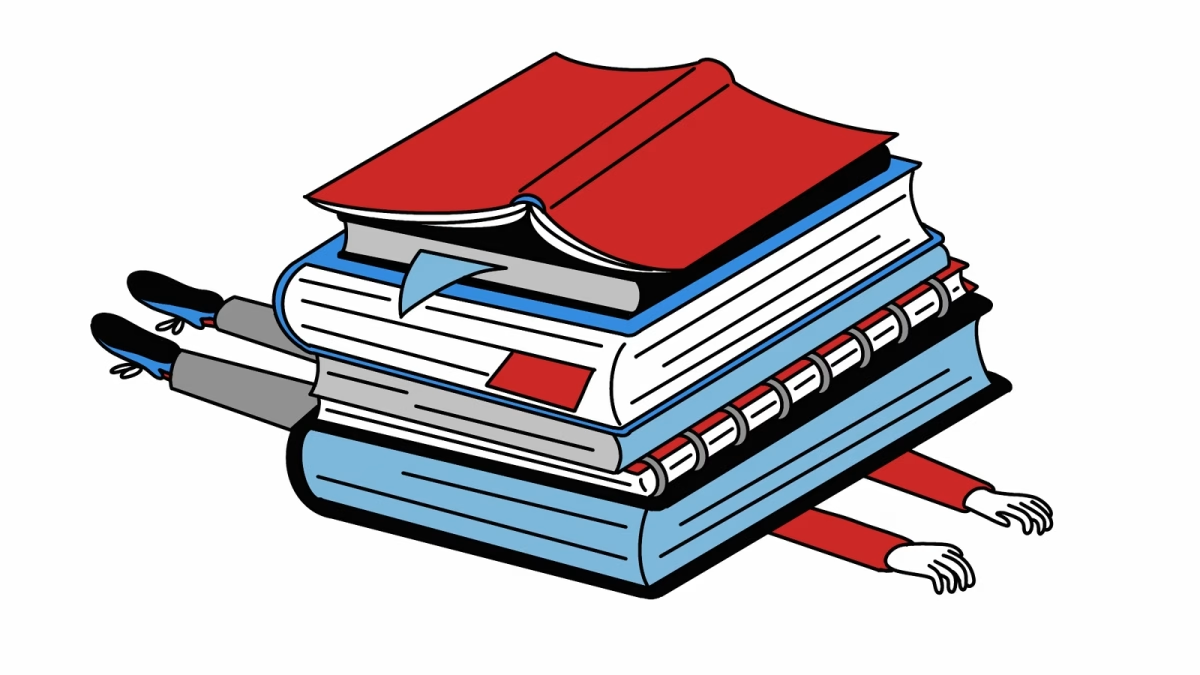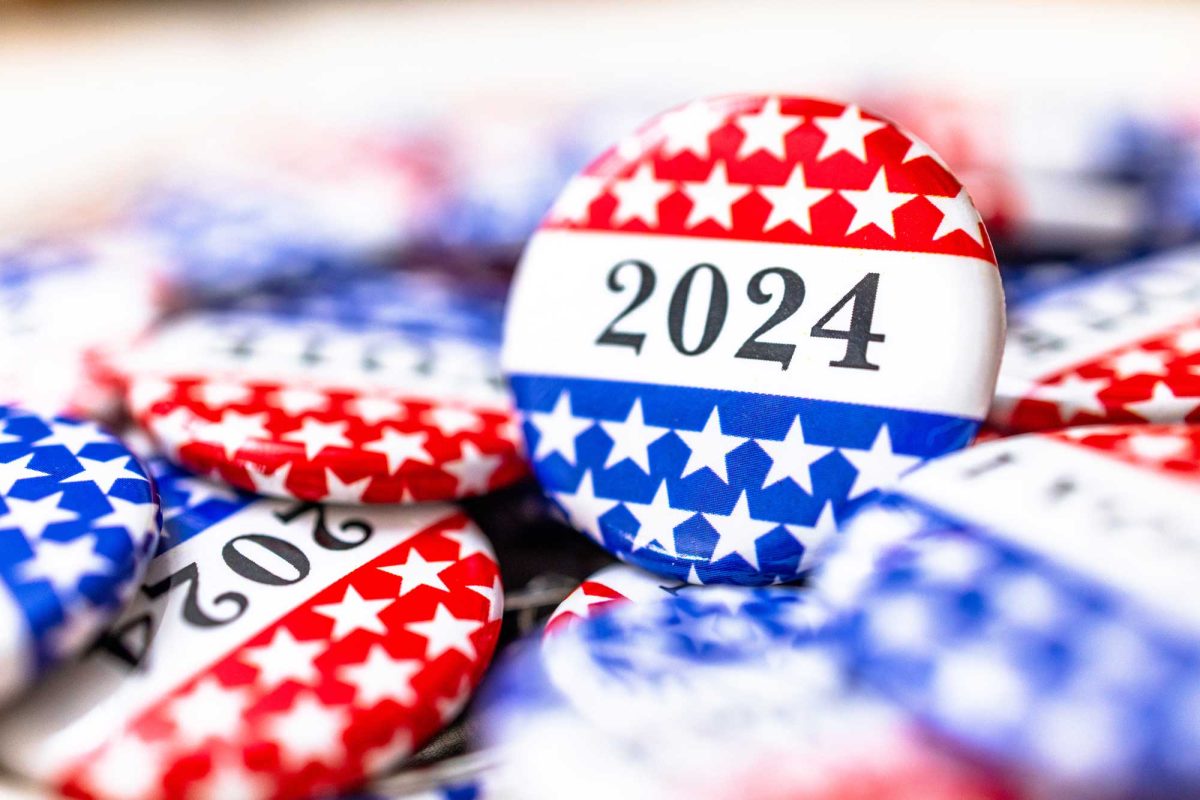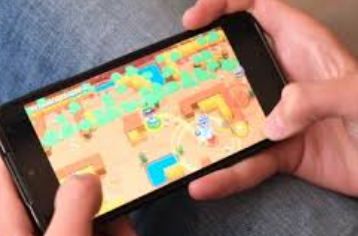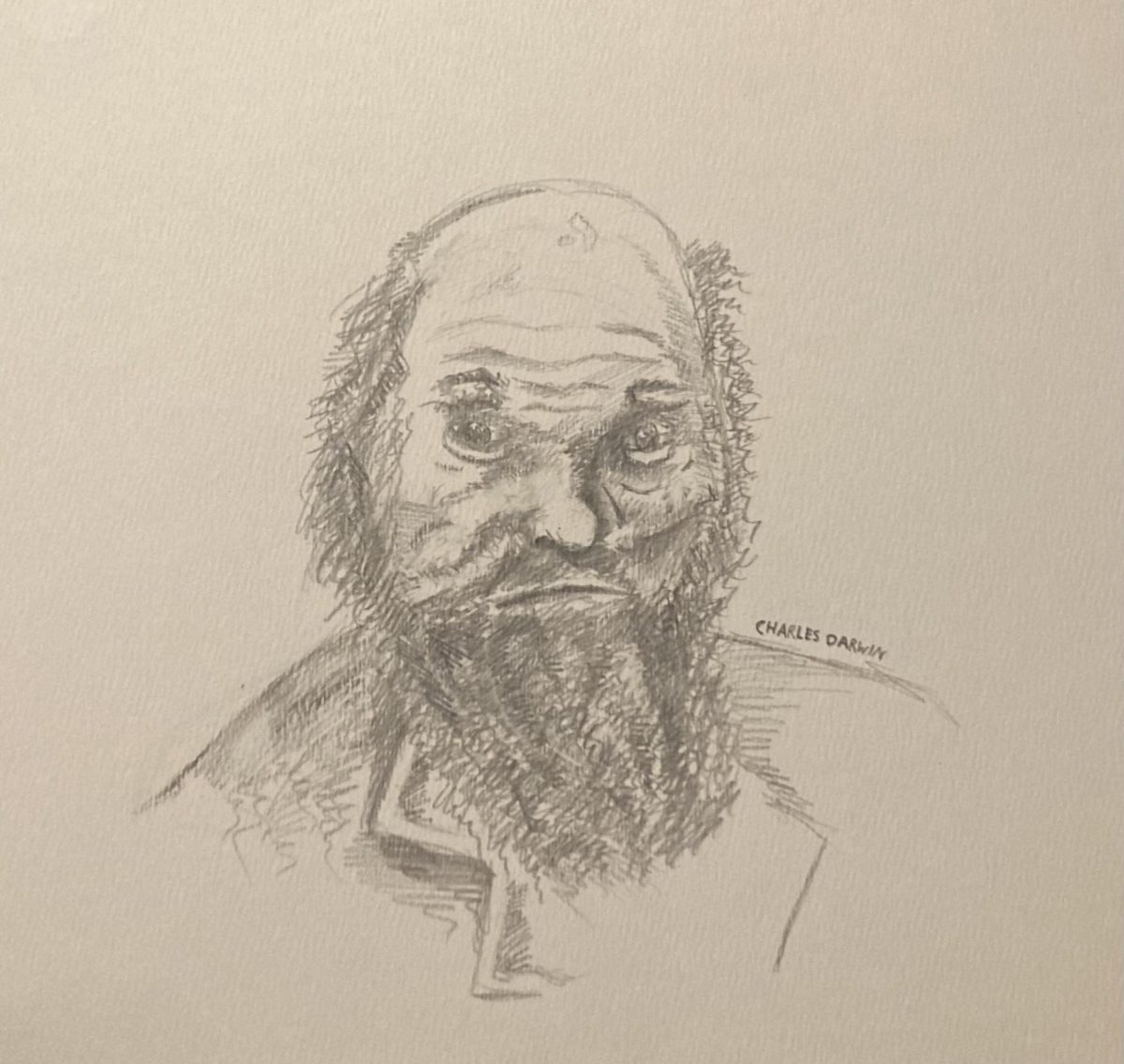Advanced generative artificial intelligence as we know it narrowly missed college admissions’ early cycle last year, with chatbot ChatGPT taking the internet by storm on November 30th, 2022. This year, as the ChatGPT website sees 1.5 billion visits in September alone, college admissions offices will face a new hurdle. A recent survey reported that 1 in 10 college freshmen used ChatGPT to write their application essays, and that number is only expected to go up with the class of 2028.
Many are under the impression that ChatGPT removes the authenticity that colleges are looking for. Forbes magazine claims that ChatGPT essays lack the unique student voice that makes college essays stand out. But this implies that college essays were “authentic” in the first place. Ithaca College professor Diane Gayeski argues, “Very few college applicants write their essays entirely by themselves… Using a tool like ChatGPT to help you write an essay… is not cheating any more than having your mom look over your essay or looking at examples online is cheating.”
Arguing a lack of “student voice” in ChatGPT essays will also become outdated—if it hasn’t already—with the continuous advancement of artificial intelligence. Already, ChatGPT can better emulate the writing of a strong applicant than it could when it was first utilized by last year’s applicants.
Forbes contends that using ChatGPT will not bolster a student’s application, writing, “Ultimately, it won’t produce high-quality essays to help you get into top universities.” Yet, of the surveyed college freshmen, 53% claimed that their ChatGPT essays admitted them into their top choice school.
However, colleges are not helpless in the face of advanced technology. Wielding two critical tools against ChatGPT, admissions offices can likely hold out against AI-generated essays before computers ultimately prevail. The first tool is artificial intelligence detectors that identify writing samples as products of ChatGPT. While these tools can become more advanced over time, their outlook lacks longevity as their development occurs at least one step behind that of chatbots, and the gap is only growing. A second method for colleges is changing the questions themselves. Some colleges have already been cornered into doing so with the abolishment of affirmative action, and if questions are ever-changing, admissions offices could slow the speed at which artificial intelligence masters their answers.
The criticism of ChatGPT begs the question of how class plays into the strength of college applications. College counselors, for instance, can essentially serve as a second writer for their students’ application essays. Counselors are encouraged for high school applicants, so long as the $4,000-$6,000 price tag is not an issue. ChatGPT, on the other hand, is free for all users, yet faces bans worldwide. This is not to say that students should use artificial intelligence to write their college essays. Rather, the discourse surrounding ChatGPT highlights a concerning double standard for what constitutes “acceptable” help on college applications. This inequity should not exist under the guise of authenticity, especially when authenticity is defined and constructed by admissions offices at a set price unaffordable for most.
This article also appears in our November 2023 print edition.

